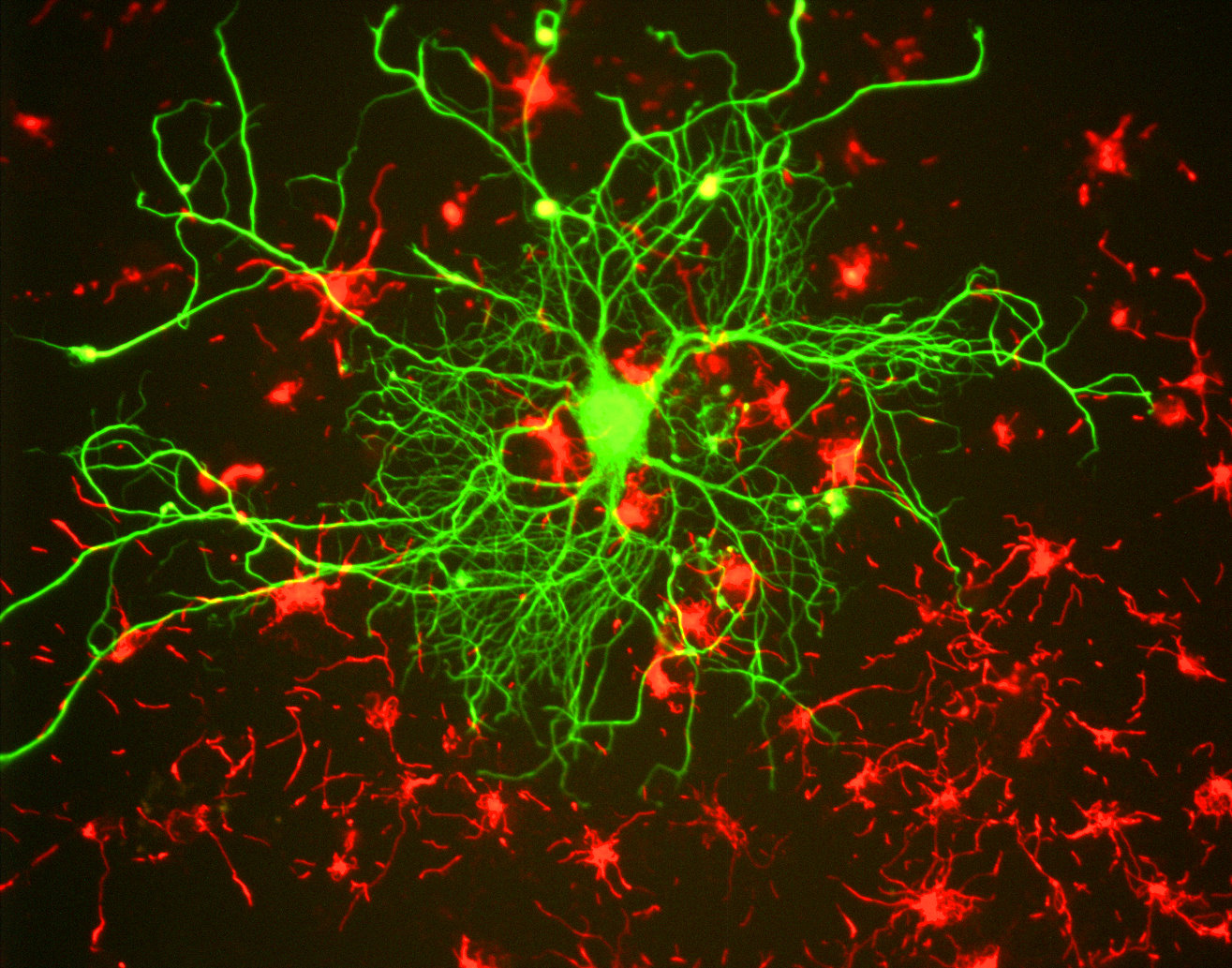Ionis hit by safety concerns, rivals Alnylam benefit

Ionis Pharmaceuticals' rare disease drug inotersen has produced a mixed bag of phase 3 results, meeting efficacy targets but producing serious side effects.
The drug is being developed for the rare inherited disorder, familial amyloid polyneuropathy (FAP), for which there are currently no FDA-approved drugs. In patients with the condition, the nervous system is compromised by protein aggregation and/or amyloid fibril formation.
While the drug showed efficacy in treating neuropathy and quality of life in the patients, there were three cases of thrombocytopenia serious adverse events – two recovered, but one patient died due to intracranial haemorrhage.
The study required enhanced monitoring to support early detection and management of thrombocytopenia and renal issues.
A further four inotersen-treated patients discontinued treatment due to a renal observation; two patients met a predefined renal stopping rule and two experienced serious renal adverse events, one of whom experienced chronic renal insufficiency. One placebo-treated patient also met a predefined renal stopping rule.
All five serious adverse events occurred before enhanced monitoring was fully implemented. A detailed review of safety data from the study is ongoing.
The news sent Ionis shares tumbling 11.4% yesterday, while its Alnylam enjoyed a 13.4% bounce in its share price, as investors expect its rival late-stage candidate to produce more compelling data.
Alnylam's patisiran is scheduled for its phase 3 results within the next few months. It has generally shown fewer safety problems than Ionis' drug platform, though did suffer a major blow in October when a patient died on another of its 'RNA interference' pipeline drug trials.
Despite the safety setback Brett Monia, senior vice president of drug discovery and franchise leader for oncology and rare diseases at Ionis Pharmaceuticals, said the drug could still be approved.
He said: "We are excited about the positive topline results from the Phase 3 NEURO-TTR study. We observed a benefit in disease progression in patients treated with inotersen, regardless of disease stage (Stage 1 and Stage 2) or TTR mutation (V30M and non-V30M). We believe these preliminary results suggest a favourable benefit-risk profile for inotersen in patients with FAP."
Inotersen is an antisense drug that targets a specific sequence of RNA. It is designed to reduce the production of a protein called transthyretin, both hereditary and wild-type forms.
There is one product approved in Europe for FAP - Pfizer's Vyndaqel (tafamidis). It has been approved to treat FAP since 2011, but the FDA rejected the drug in 2012, asking for a second efficacy study.











